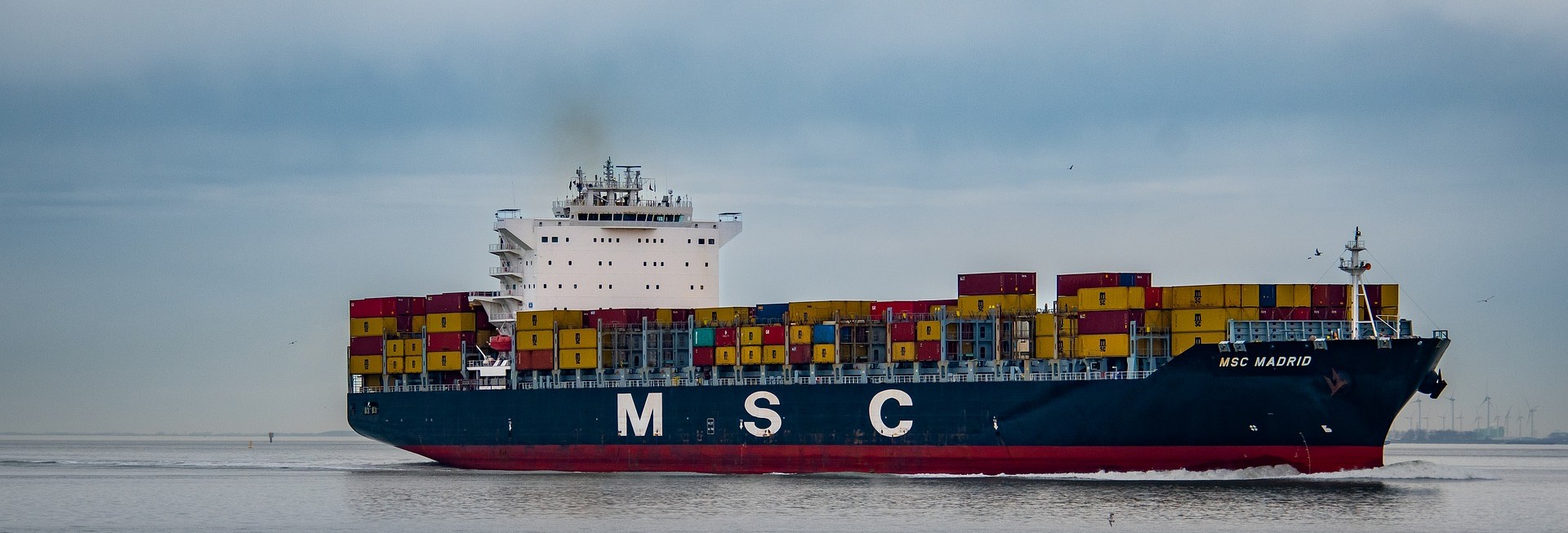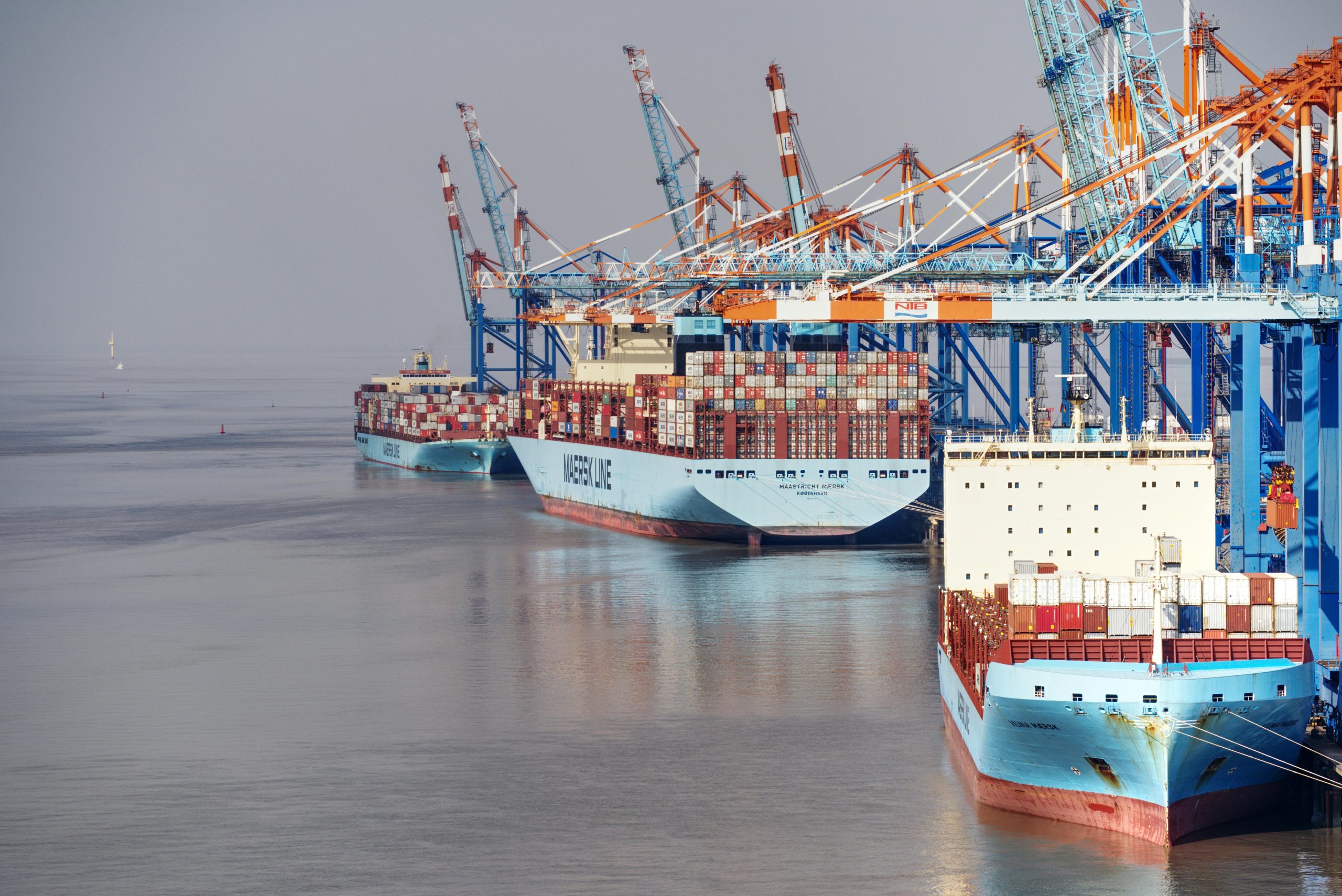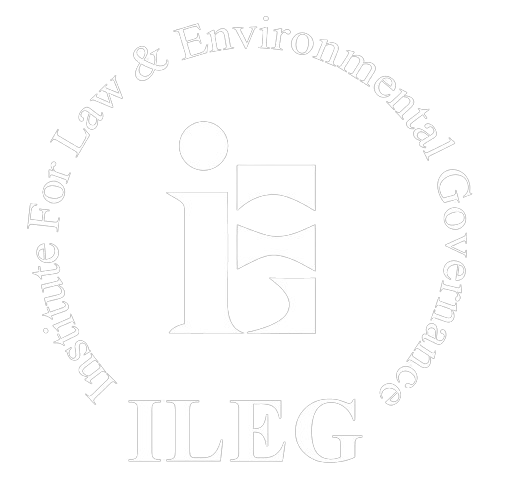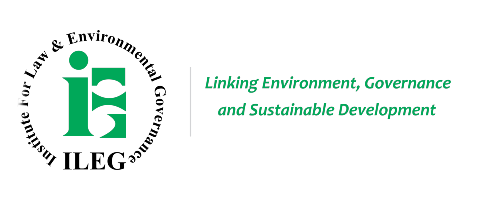OUR PROJECTS

Project Name
Environmental Maritime Governance in Kenya (EMG-K)
Program
Climate Change, Water and Energy
Duration
2022-2026
Donor
Danida Fellowship Centre
PROJECT OVERVIEW
The project studies Kenya’s engagement in the International Maritime Organization’s (IMO) Greenhouses Gas Emission reduction negotiations and enforcement of international regulatory measures at the national level.
The project is implemented by a research team from three organizations:
- The Institute for Law and Environmental Governance (ILEG).
- The Centre for Advanced Studies in Environmental Law and Policy (CASELAP).
- The Copenhagen Business School from Denmark.
The Project main objective is to explore Kenya’s environmental maritime governance in relation to its engagement in IMO policy making and policy implementation and enforcement with a view to strengthen the country’s maritime governance capacity and international influence.
To achieve this, the project seeks to answer three interrelated research questions:
- How does Kenya engage in IMO policy making for air emissions abatement, and with what effects?
- How does Kenya implement and enforce MARPOL Annex VI, and with what effects?
- How can Kenyan public actors further facilitate emissions abatement?
STORY BOARD
The design of this project derives from the ongoing efforts by IMO to improve the regulation of emissions from international shipping. Although the international shipping industry accounts for nearly three per cent of global Greenhouse Gas emissions and is a major emitter of air pollutants, it was left out of the Paris Agreement in 2015.
Due to the peculiarities of global ship operations and the high mobility of ships, the question of how to reduce international shipping emissions has been referred to the United Nations dedicated maritime agency, the IMO. The IMO has adopted several global maritime conventions for environmental protection and maritime safety, with the main one being the MARPOL Convention. Today the IMO’s MARPOL Convention is the main international vehicle for maritime environmental protection.
Following the landmark Paris Agreement of the UNFCCC, the IMO adopted the initial strategy for the reduction of greenhouse gas (GHG) emissions from shipping in 2018. The strategy expressed the goal of halving emissions by 2050 relative to 2008 through the roll out of technical and operational measures to facilitate the reduction of GHG emissions from shipping. However, it was the 80th Session of Marine Environment Protection Committee (MEPC) of the IMO that set the course, speed and clear signals required to decarbonize international maritime shipping. The meeting held in July 2023 was a landmark in the ongoing global efforts to align the maritime transport sector to the larger climate change agenda under the Paris Agreement. It adopted a new strategy on the reduction of GHG emissions, signalling a shift towards net-zero shipping.
The strategy sets a decarbonization target for 2050, intermediate reduction targets for 2030 and 2040, and a clean energy usage target for 2030.3 The 80th Session of MEPC agreed in principle, both on a basket of regulatory measures to be developed and their timelines. The IMO members have therefore started negotiating the new regulations to be adopted in 2025 with entry into force in 2027. There are several critical issues on the agenda as part of those discussions, reflecting developed versus developing country concerns, and conflicting industrial versus environmental interests. Despite this, however, the level of engagement of African countries is limited and not as strong as that in the UNFCCC negotiations. The disparity in influence and focus despite the importance of international shipping sector, its economic impacts to the countries and negative environmental and climate impacts is one that the study seeks to investigate.

PROJECT EXPECTED OUTCOME
The Project aims to contribute to:
- Making international shipping greener, by giving advice to policy makers on how to reduce ship emissions.
- Making governance for international shipping more inclusive, by suggesting how developing countries, and Kenya in particular, can gain a higher profile and stronger voice in the IMO negotiations.
- Making governance for international shipping more effective, by giving advice to Port State Control officers and the IMO on how to improve implementation and enforcement of IMO’s MARPOL Convention.
- Overcoming Global North biases in maritime research, by taking a developing country perspective on maritime environmental governance.

ILEG is an independent, non-profit public interest law and policy organization focused on promoting sustainable development. We work with local communities, governments, the private sector and civil society organizations (CSO’s) to ensure fair, balanced and equitable development policy choices to improve peoples’ lives and protect the environment.
© 2024 Institute for Law and Environmental Governance – KENYA All Rights Reserved | Terms of Service | Privacy Policy
